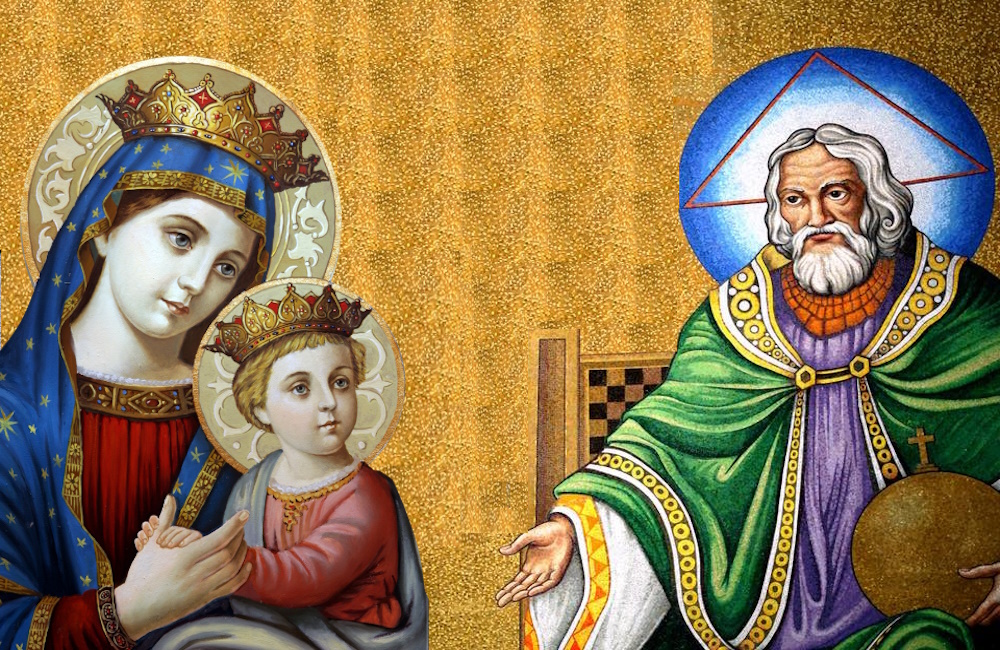In the Quran, the concept of the Christian Trinity is portrayed as a belief involving God, Jesus, and Mary as three divine entities. This depiction is explicitly rejected in Islamic scripture, which emphasizes that such a belief is a serious misunderstanding and misrepresentation of God’s nature. For example, in Surah Al-Ma’idah (5:116), God questions Jesus about being worshipped alongside Him and His mother Mary. Jesus denies this claim, affirming his role solely as a servant of God and rejecting any suggestion of divinity attributed to himself or Mary:
“And imagine when thereafter Allah will say: ‘Jesus, son of Mary, did you say to people: Take me and my mother for gods beside Allah?’ and he will answer: ‘Glory to You! It was not for me to say what I had no right to. Had I said so, You would surely have known it.’”
However, it is important to clarify that this Quranic depiction does not accurately represent the Christian doctrine of the Trinity. Christians do not believe in a trinity consisting of God, Jesus, and Mary. Rather, the Christian doctrine teaches that there is one God who exists in three distinct persons: the Father, the Son (Jesus Christ), and the Holy Spirit. These three persons are coequal, coeternal, and share one divine essence, meaning each is fully and completely God.
Mary holds an honored place in Christianity as the mother of Jesus but is not considered divine or part of the Trinity. The Christian understanding of the Trinity emphasizes that while God is one in essence, He is revealed in three distinct persons who have different roles but are unified in their divine nature. This belief is a profound mystery of faith, meant to express the complexity of God’s nature and His relationship with humanity, rather than to suggest multiple gods or divine beings.
In contrast, the Quranic portrayal of the Trinity as involving Mary reflects a fundamental misunderstanding and misrepresentation of Christian doctrine. This discrepancy highlights a significant theological difference between Christianity and Islam. While Christians accept the Trinity as a core tenet that shapes worship, prayer, and doctrine, Muslims reject the idea as incompatible with the strict monotheism emphasized by the doctrine of Tawhid, which teaches that God is absolutely one, unique, and without partners or equals.
Thus, the divergence in how the Trinity is understood and portrayed underscores broader differences between the two faiths, affecting not only their theological frameworks but also interfaith dialogue and mutual understanding. Recognizing the true Christian belief about the Trinity is essential to fostering respectful and informed conversations between Christians and Muslims.
